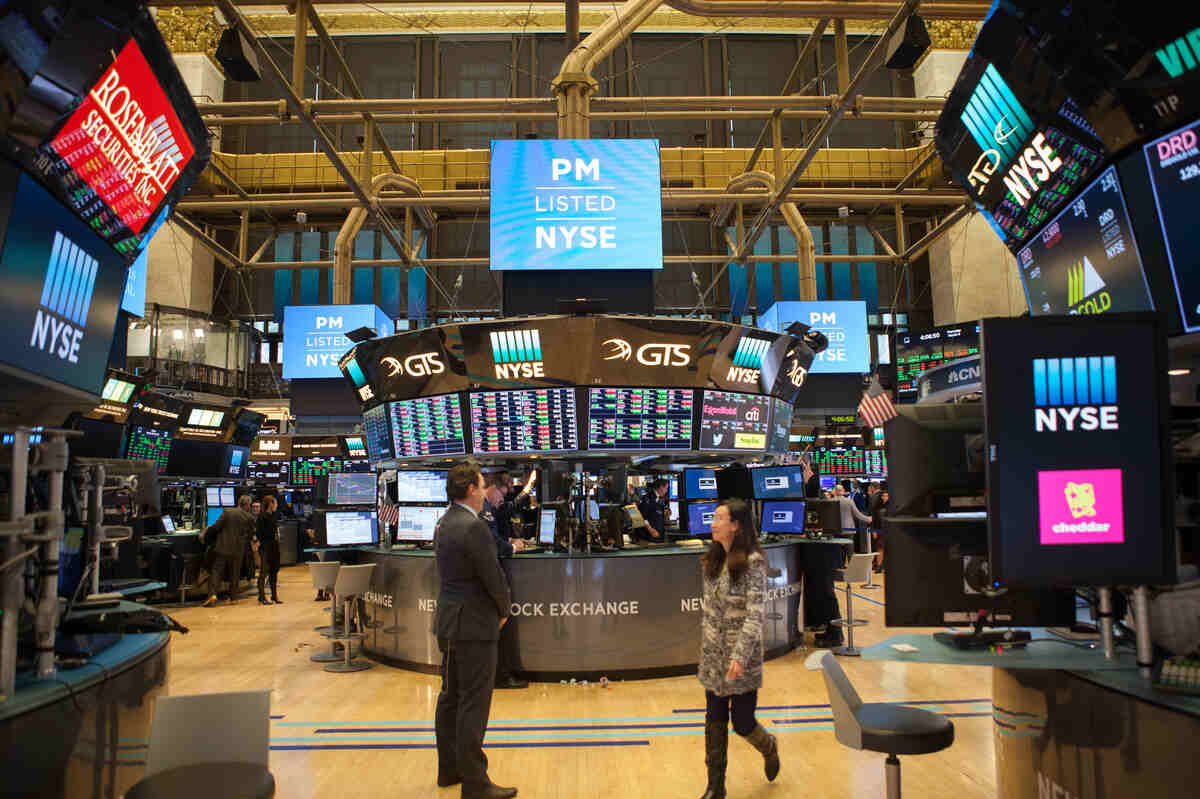The S&P 500 rose 0.85 percent to 6,587.47, while the Nasdaq gained 0.72 percent to 22,043.07
Asian stock markets rose on Friday, tracking gains on Wall Street, as the increasing likelihood of multiple U.S. rate cuts signaled lower global borrowing costs, providing relief to strained bond markets and exerting downward pressure on the dollar.
Stock indexes in Japan, South Korea, and Taiwan all reached record highs, fueled by soaring expectations for AI-driven earnings growth. Japan’s Nikkei rose 0.6 percent to a fresh all-time high, extending its gains for the week to 3.7 percent.
South Korea’s Kospi index gained 1.1 percent, lifting its weekly gains to over 5 percent. Chinese blue chips edged up 0.2 percent, reaching their highest level since early 2022. Meanwhile, MSCI’s broadest index of Asia-Pacific shares outside Japan jumped 1.2 percent.
Wall street gains on rate cut bets
Markets continue to fully price in a 25-basis-point cut to 4.00-4.25 percent next week and have raised the probability of two additional rate reductions this year to around 90 percent. The U.S. consumer price report, seen as the final major obstacle to a Federal Reserve rate cut next week, came in largely unthreatening, though slightly firm. Components of the CPI that influence the Fed’s preferred core personal consumption expenditures (PCE) measure were also relatively soft.
Prospects of a rate cut next week lifted the U.S. stock market. The S&P 500 rose 0.85 percent to 6,587.47, while the Nasdaq gained 0.72 percent to 22,043.07.
Nvidia shares held largely steady, while Apple shares gained 1.43 percent to $230.03 after marking major declines following the release of its new lineup of devices. Microsoft was also up 0.13 percent to $501.01 following the OpenAI restructuring deal.
Optimism extends to European markets
The optimism extended to European stock markets, with EUROSTOXX 50 gaining 0.47 percent to 5,386.77, FTSE rising 0.78 percent, and DAX futures adding 0.27 percent.
In currency markets, the U.S. dollar index rose 0.10 percent to 97.63 and was back at 147.23 yen, after briefly reaching 148.20 in the previous session. The euro steadied at $1.1730, buoyed slightly on Thursday after the European Central Bank kept interest rates unchanged and indicated that its policy stance was in a “good place.”
In commodity markets, spot gold was up 0.55 percent to $3,654.51, as of 4:29 GMT. The precious metal gained 1.7 percent so far this week. Meanwhile, U.S. gold futures for December delivery rose 0.51 percent to $3,692.20.
Brent crude futures were down 51 cents, or 0.77 percent, at $65.86 a barrel, while U.S. West Texas Intermediate (WTI) crude dropped 52 cents, or 0.83 percent, to $61.85. Both benchmarks had tumbled in the prior session, with Brent losing 1.7 percent and WTI down 2 percent.
Oil prices, however, took some support from heightened geopolitical tensions in Russia-Ukraine and the Middle East this week, while the prospect of more U.S. sanctions against Moscow also helped. Both contracts were up between 0.5 percent and 1 percent for this week.

